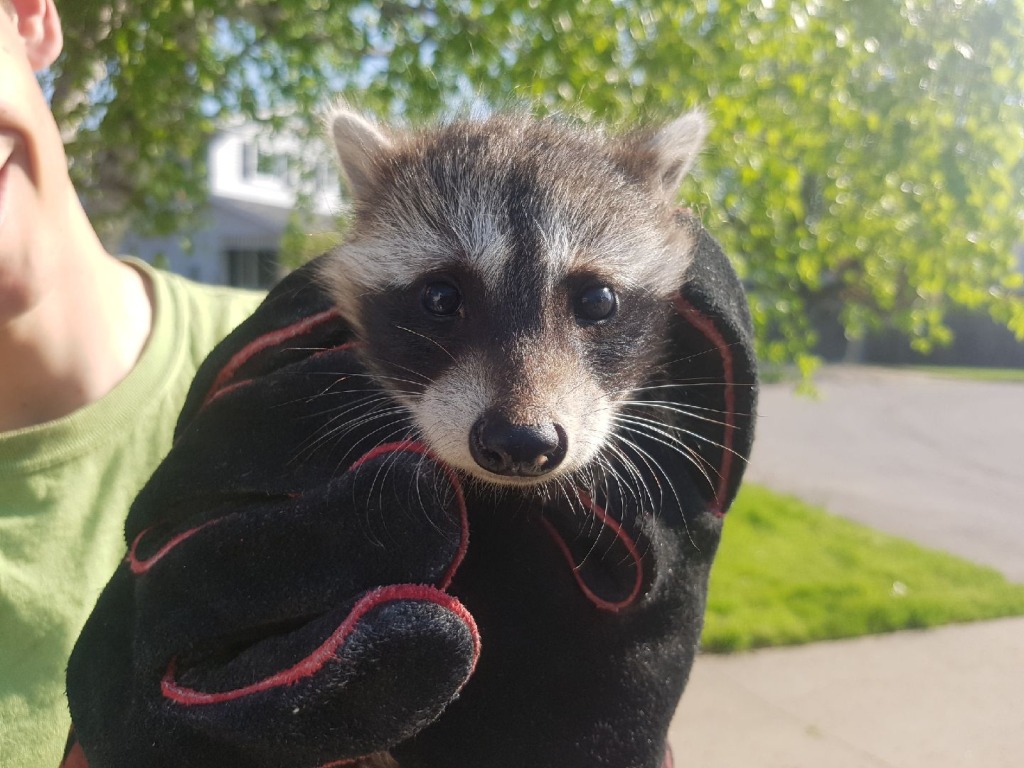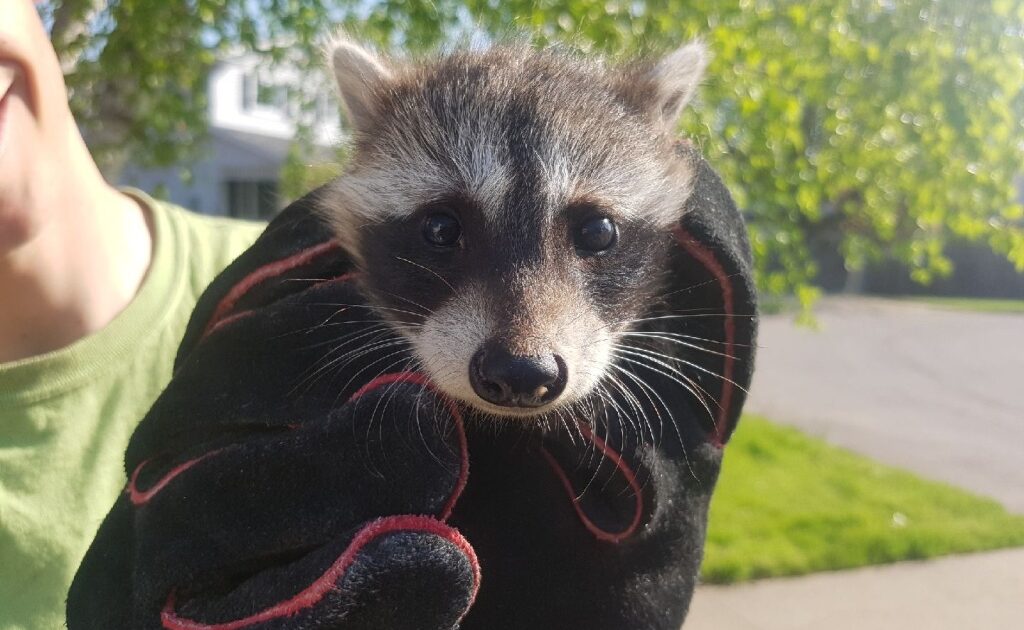If you’ve ever watched a raccoon sift through a trash bin picking out food items, you know they are clever and industrious. More so, raccoons are highly intelligent creatures capable of outsmarting adept predators and adjusting to new situations. They are capable of learning new information and utilizing it for survival.
If raccoons are making a home on your property, call wildlife control in Okanagan. Raccoons that get too comfortable in their surroundings don’t want to leave. Humane wildlife control experts know the proper techniques for raccoon removal and relocation. Get help before these canny mammals decide to build a permanent pad in your attic.
How Adaptable Are Raccoons?
Research on raccoons shows they are great problem-solvers and have good memories. They use the information to alter their behaviours and habits to meet new challenges. Here are four ways raccoons show their adaptability.
1. Raccoons Thrive in Different Environments
Raccoons that live in the Okanagan Valley have adapted to both urban and rural environments. Many of the cities in the area are adjacent to forested spaces where raccoons make the transition between city life and country life easy. While raccoons have a wealth of instinctual knowledge, these adaptations happen as raccoons test new living spaces and hone their skills in those areas. It appears that raccoon brains can make neural adjustments that aid new decision-making.
2. Raccoons Structure Their Skill Sets To Survive
There have been questions raised about the intelligence of wild raccoons versus domesticated ones. Wild raccoons show the same smarts and flexibility as their trained counterparts. Their problem-solving skills are evident by how raccoons change in all types of situations and ecosystems.
Even in rural and urban spaces, there are numerous regional differences that raccoons somehow navigate. Human activities keep changing the stakes for all mammals, yet raccoons remain the masters of the ecosystems in which they live.
3. Raccoons Have Flexible Diets
Raccoons are omnivores (eating plants and meat) and prolific food finders. They adapt to being opportunistic and survive on carcasses and garbage; they forage seeds, nuts, fruits, and berries; they are also deft hunters.
Raccoons demonstrate remarkable dexterity and cunning when they use rocks to break open crustaceans or hunt and kill snakes. Wild raccoons differ from captive ones because captive raccoons don’t spontaneously hunt with tools, but they do manipulate their surroundings to acquire food. This is a primary example of how these mammals use adaptive eating habits in different settings.
4. Raccoons Learn How To Manage Predators
Raccoons have learned to reach a certain symbiosis with a primary predator: humans. The ability to live near humans means they must consistently adapt to new pressures. Raccoons seem to grasp aspects of human patterns and develop systems to work around people’s activities. While they are nocturnal by nature, they must work around people who are out and about at all hours of the day.
When you watch a raccoon, you get the impression they are always assessing things around them. Wild raccoons are under consistent threats from all types of species. This does not deter them from exploring and learning new ways to live. Instead, they appear to make a threat assessment of predators and adapt their responses to the level of danger.
Once they are assured of relative safety, they venture into and become a part of the greater community. While there is no way to determine a raccoon’s intelligence accurately, its capability of managing wild and urban spaces is a big clue as to how they think and thrive.
Call Wildlife Control in Okanagan for Raccoon Removal
Skedaddle Humane Wildlife Control in Okanagan is your expert team for raccoon removal and exclusion. Contact us to get a thorough home assessment and learn more about our three-step humane wildlife control system and cutting-edge technologies.




